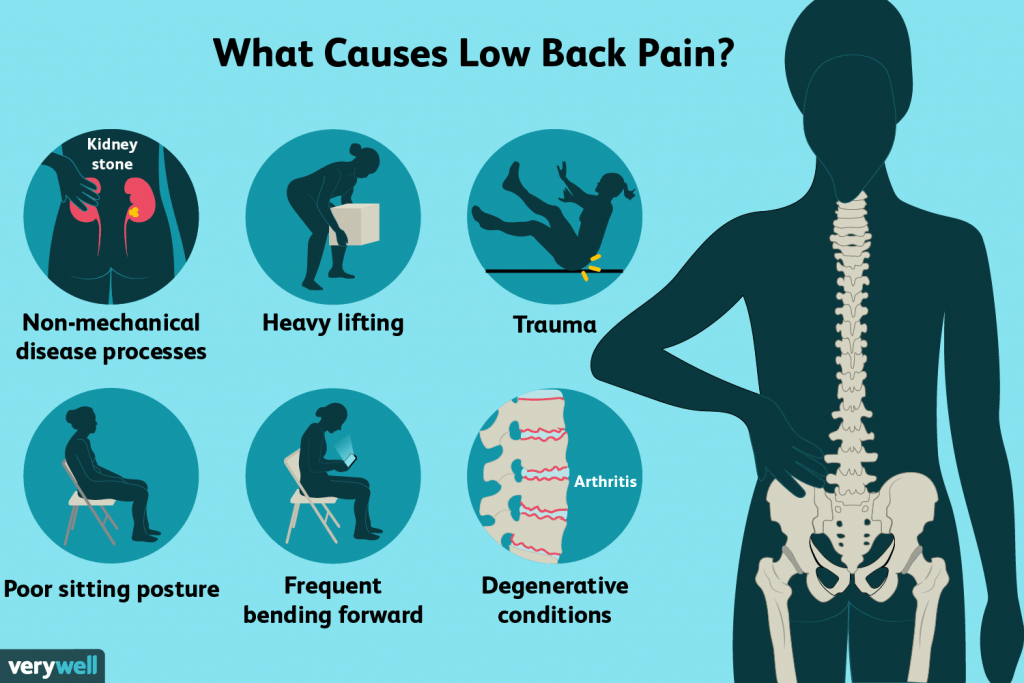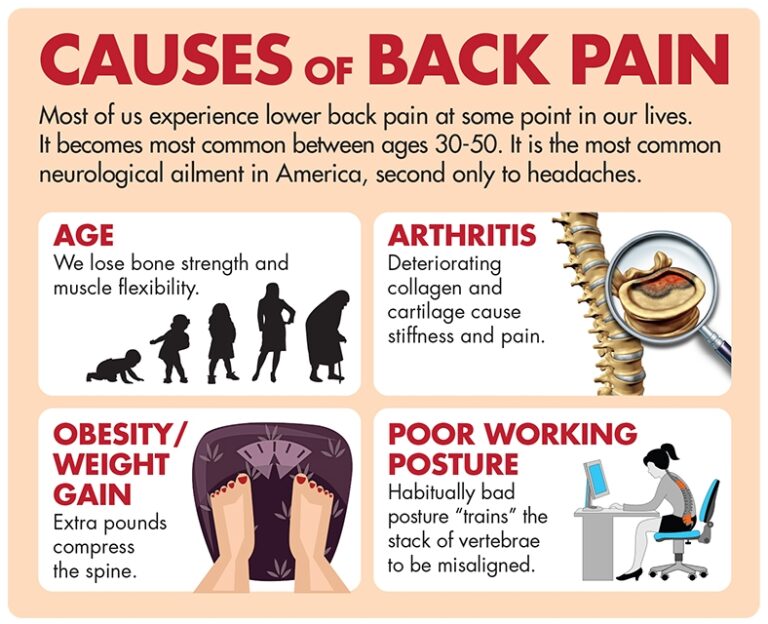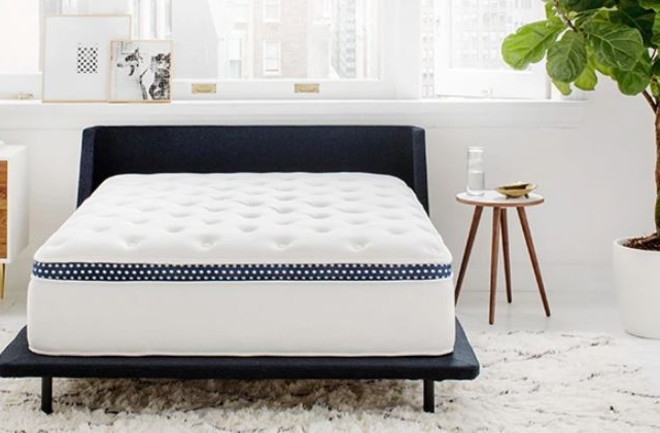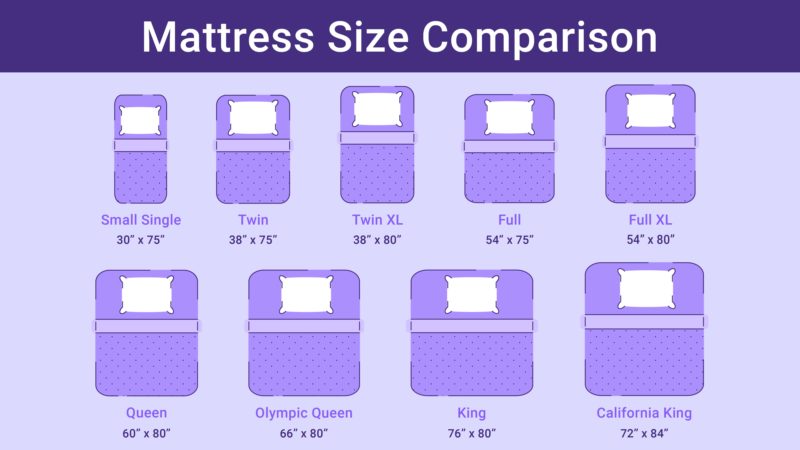One of the biggest complaints about air mattresses is their tendency to deflate overnight. Despite being advertised as a comfortable and convenient alternative to traditional mattresses, many users have found themselves waking up on a flat, uncomfortable bed in the middle of the night. This can be a huge inconvenience, especially if you have guests staying over or are using the air mattress for camping. While some deflation is expected due to the natural loss of air over time, poor quality air mattresses may deflate much faster and more frequently, leading to a frustrating and uncomfortable experience for users.Deflation
Another common issue with air mattresses is their susceptibility to leaks. Even small punctures or tears can cause the mattress to lose air and become unusable. This can be a major problem for those who rely on air mattresses for their main sleeping surface, as a leaky air mattress can leave you without a comfortable place to sleep. While some air mattresses come with repair kits, these can be difficult to use and may not always be effective in fixing the leak. This means you may end up having to replace your air mattress more frequently, adding to the overall cost and hassle.Leaks
Despite their promise of comfort, many air mattresses just don't live up to expectations. They may feel fine at first, but as the night goes on, you may find yourself tossing and turning, trying to get comfortable on the uneven and often hard surface. This can lead to a lack of quality sleep and leave you feeling tired and achy in the morning. Some air mattresses are also made with low-quality materials that offer little support and cushioning, making them even more uncomfortable to sleep on. This can be a major downside for those who suffer from back pain or other body aches, as an uncomfortable mattress can exacerbate these issues.Uncomfortable
One of the most annoying things about air mattresses is the noise they make. Every time you move or shift positions, the mattress can make loud squeaking or rustling sounds that can disrupt your sleep or wake up your partner. This can be especially frustrating for light sleepers or those sharing a bed. The noise can also be a problem for those using air mattresses for camping, as it can attract unwanted attention from wildlife and other campers nearby. This can make it difficult to fully relax and enjoy your camping experience.Noisy
While air mattresses are meant to be easy to set up, inflating them can actually be a difficult and time-consuming process. Some air mattresses require manual pumping, which can be tiring and may not fully inflate the mattress, leaving you with a lumpy and uncomfortable surface to sleep on. Other air mattresses come with electric pumps, but these may be noisy and take a long time to fully inflate the mattress. This can be a major inconvenience, especially if you need to use the mattress right away.Difficult to Inflate
Air mattresses are notorious for their lack of durability. They are not designed to withstand regular use or heavy weight, and may easily develop leaks or tears over time. This means you may end up having to replace your air mattress frequently, which can be a major expense in the long run. Additionally, air mattresses are not suitable for rough environments or outdoor use, as they can easily get punctured by sharp objects or rough terrain. This can make them a poor choice for camping or other outdoor activities.Not Durable
Unlike traditional mattresses, air mattresses can be difficult to store when not in use. They take up a lot of space when inflated, which can be a problem for those with limited storage space. Deflating and folding up the mattress can also be a hassle and may not always result in a compact and easy-to-store package. This can be a major drawback for those who only need to use the air mattress occasionally, as it can take up valuable space in their home or closet.Difficult to Store
While air mattresses may seem like a convenient and affordable solution for long-term use, they are not designed to be used as a main sleeping surface. Constant and prolonged use can lead to faster wear and tear, causing the mattress to lose its shape and support over time. This can result in an uncomfortable and unsupportive sleeping surface, and may even cause health issues in the long run. It is recommended to only use air mattresses for temporary or occasional use, rather than as a permanent solution for sleeping.Not Suitable for Long-Term Use
Due to their lack of support and cushioning, air mattresses can actually cause or worsen back pain and other body aches. Sleeping on a flat and uneven surface can put pressure on the spine and lead to discomfort and stiffness in the morning. This can be a major issue for those with existing back problems, and can also affect the overall quality of sleep for any user. It is important to prioritize proper support and comfort when choosing a mattress, and air mattresses may not be the best option for those with back pain or other body aches.Can Cause Back Pain
Another downside of air mattresses is their weight limit. Most air mattresses are only designed to support a certain amount of weight, and may not be suitable for heavier individuals. This can be a major disappointment for those looking for a comfortable and convenient sleeping solution that can accommodate all body types. Additionally, heavy individuals may find that the air mattress sinks in the middle, causing discomfort and disrupting their sleep.Not Suitable for Heavy Individuals
Additional Worst Things About an Air Mattress

Noisy and Uncomfortable
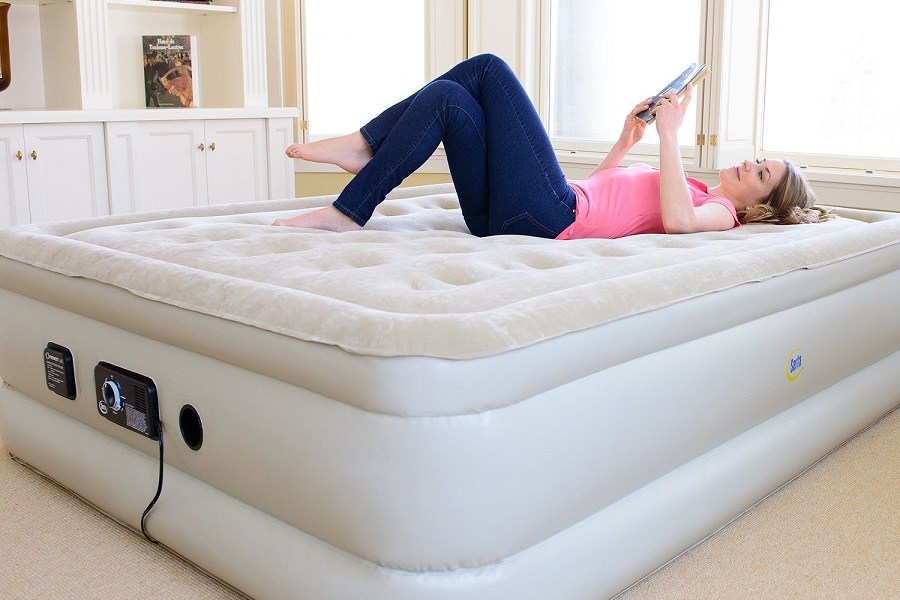 One of the most frustrating things about an air mattress is the noise it makes. The constant squeaking and rustling can be disruptive and make it difficult to get a good night's sleep. Additionally, air mattresses tend to be quite uncomfortable. They often lack the support and cushioning that traditional mattresses provide, causing discomfort and body aches. This can be a major issue for those with back or joint problems, making it difficult to get a restful night's sleep.
One of the most frustrating things about an air mattress is the noise it makes. The constant squeaking and rustling can be disruptive and make it difficult to get a good night's sleep. Additionally, air mattresses tend to be quite uncomfortable. They often lack the support and cushioning that traditional mattresses provide, causing discomfort and body aches. This can be a major issue for those with back or joint problems, making it difficult to get a restful night's sleep.
Prone to Deflation
 Another major drawback of air mattresses is their tendency to deflate. No matter how well you inflate the mattress, it is almost inevitable that it will lose air throughout the night. This can be a major inconvenience and can result in waking up on a deflated, uncomfortable mattress. It also means having to constantly re-inflate the mattress, which can be time-consuming and disruptive to your sleep schedule.
Another major drawback of air mattresses is their tendency to deflate. No matter how well you inflate the mattress, it is almost inevitable that it will lose air throughout the night. This can be a major inconvenience and can result in waking up on a deflated, uncomfortable mattress. It also means having to constantly re-inflate the mattress, which can be time-consuming and disruptive to your sleep schedule.
Difficult to Store
 Unlike traditional mattresses, air mattresses are not easy to store. They cannot be folded or rolled up like a regular mattress, and instead must be deflated and packed away. This can be a hassle, especially if you have limited storage space. Additionally, the process of deflating and packing away the mattress can be time-consuming and frustrating, making it a major drawback for those who need a quick and easy bedding solution.
Unlike traditional mattresses, air mattresses are not easy to store. They cannot be folded or rolled up like a regular mattress, and instead must be deflated and packed away. This can be a hassle, especially if you have limited storage space. Additionally, the process of deflating and packing away the mattress can be time-consuming and frustrating, making it a major drawback for those who need a quick and easy bedding solution.
Not Durable
 Air mattresses are not known for their durability. They are prone to punctures and tears, which can render them completely useless. This means constantly having to patch up holes or replace the mattress altogether, which can be a costly and inconvenient task. The lack of durability also means that air mattresses may not be the best long-term bedding solution, as they are not built to withstand regular use.
In conclusion, while air mattresses may seem like a convenient and affordable option for temporary bedding, they come with their fair share of drawbacks. From being noisy and uncomfortable to being prone to deflation and lacking durability, there are many reasons why an air mattress may not be the best choice for a good night's sleep. Consider these factors when deciding on your bedding options, and you may be better off investing in a traditional mattress for a more comfortable and restful sleep experience.
Air mattresses are not known for their durability. They are prone to punctures and tears, which can render them completely useless. This means constantly having to patch up holes or replace the mattress altogether, which can be a costly and inconvenient task. The lack of durability also means that air mattresses may not be the best long-term bedding solution, as they are not built to withstand regular use.
In conclusion, while air mattresses may seem like a convenient and affordable option for temporary bedding, they come with their fair share of drawbacks. From being noisy and uncomfortable to being prone to deflation and lacking durability, there are many reasons why an air mattress may not be the best choice for a good night's sleep. Consider these factors when deciding on your bedding options, and you may be better off investing in a traditional mattress for a more comfortable and restful sleep experience.







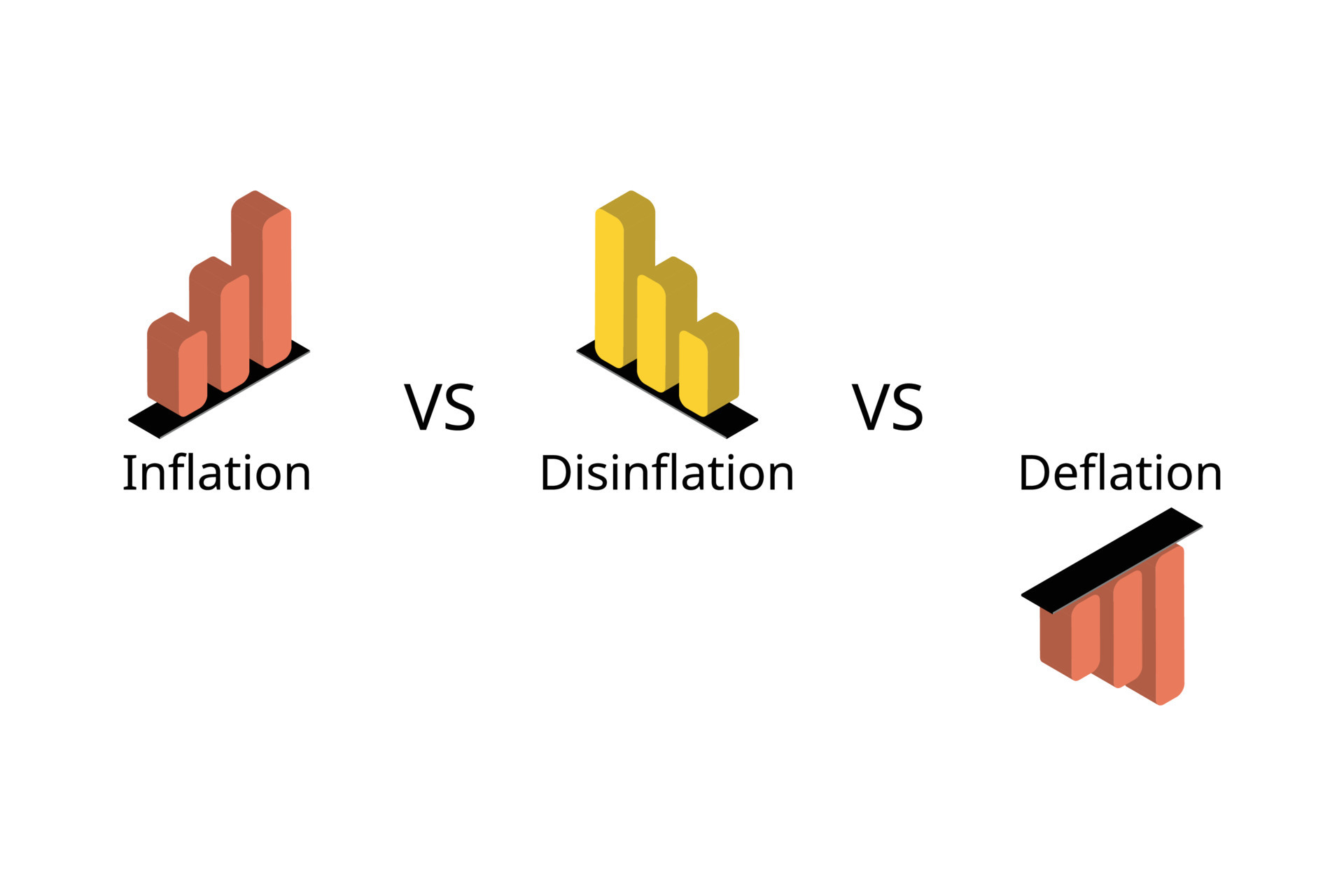
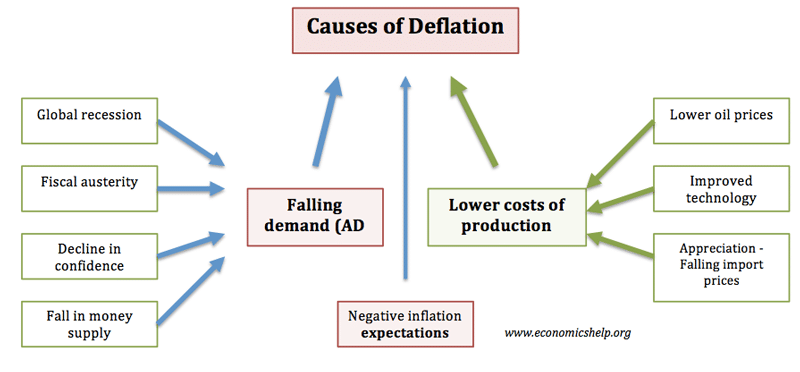





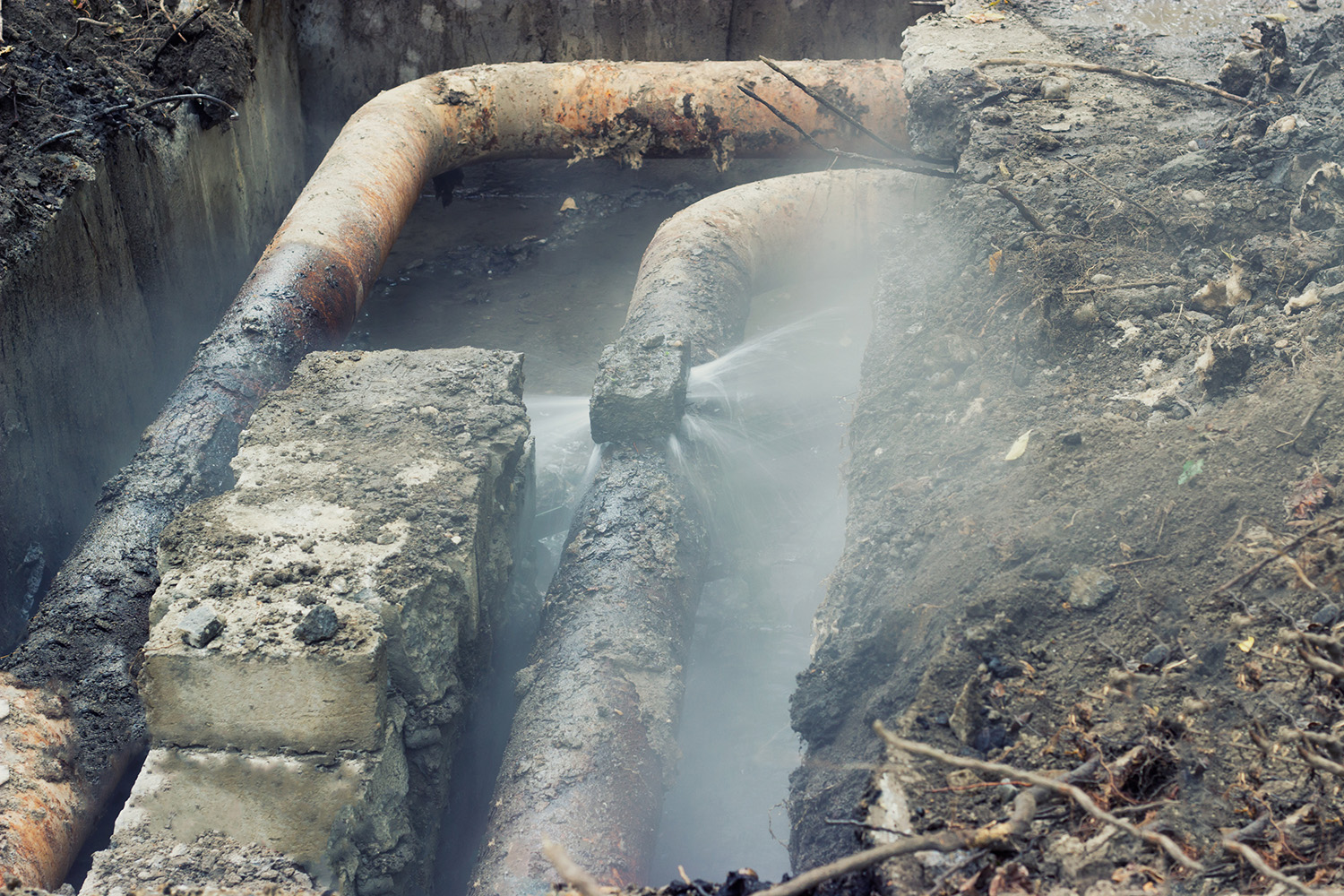

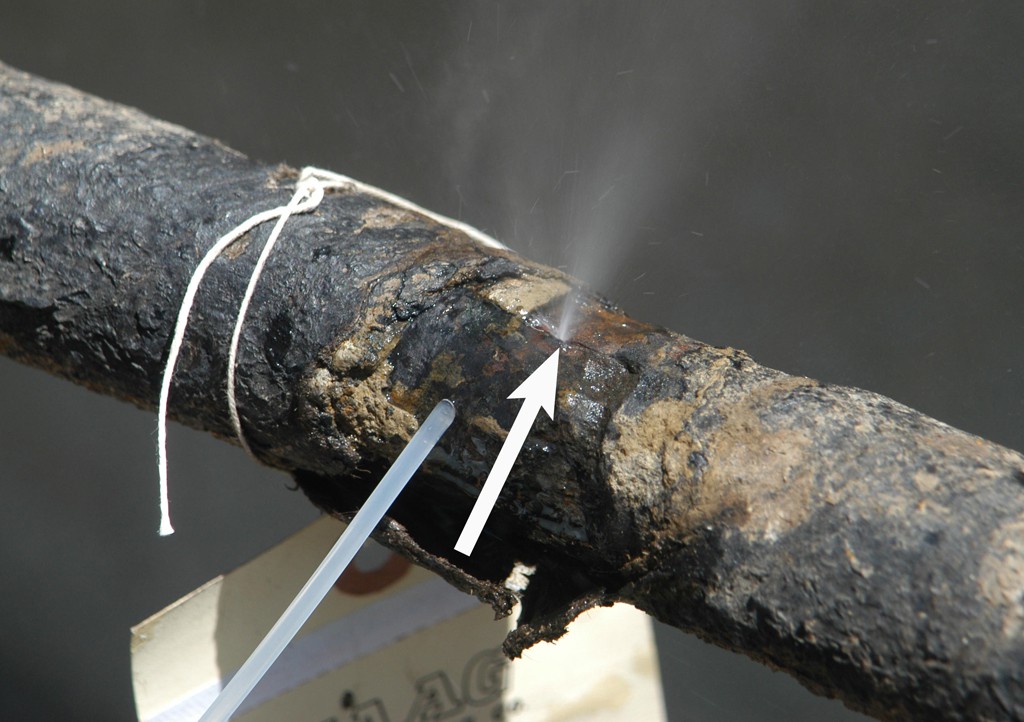
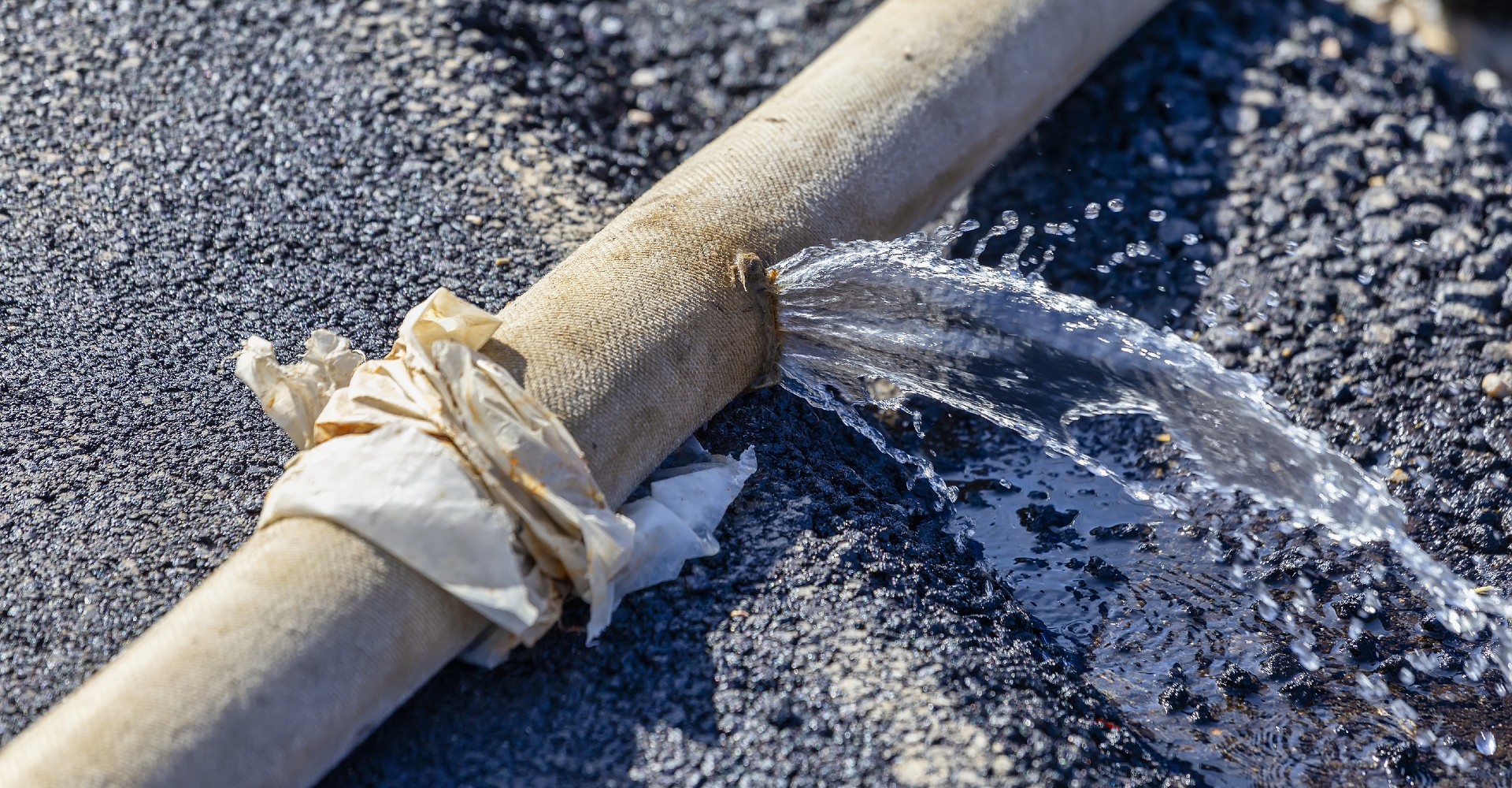



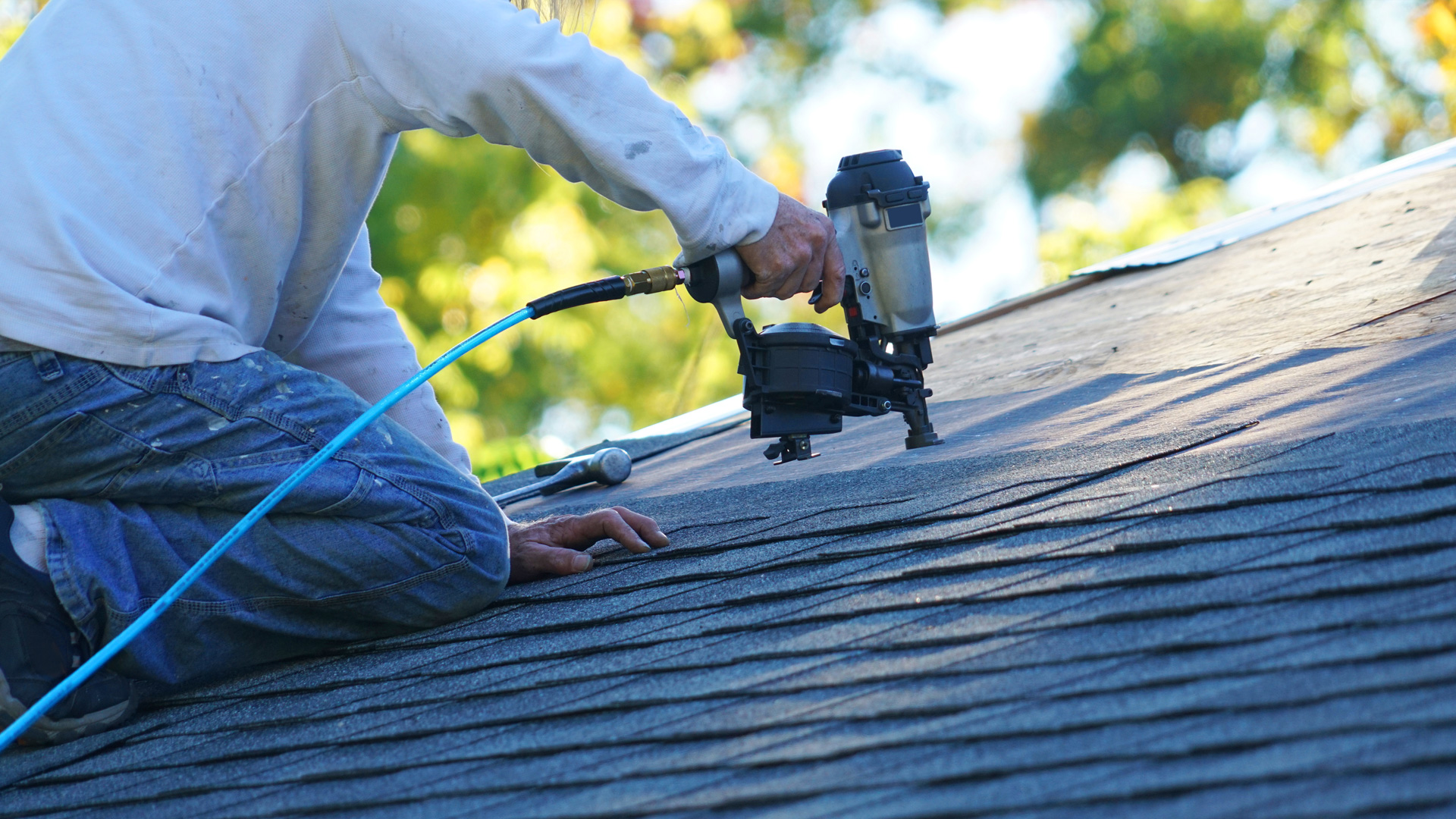



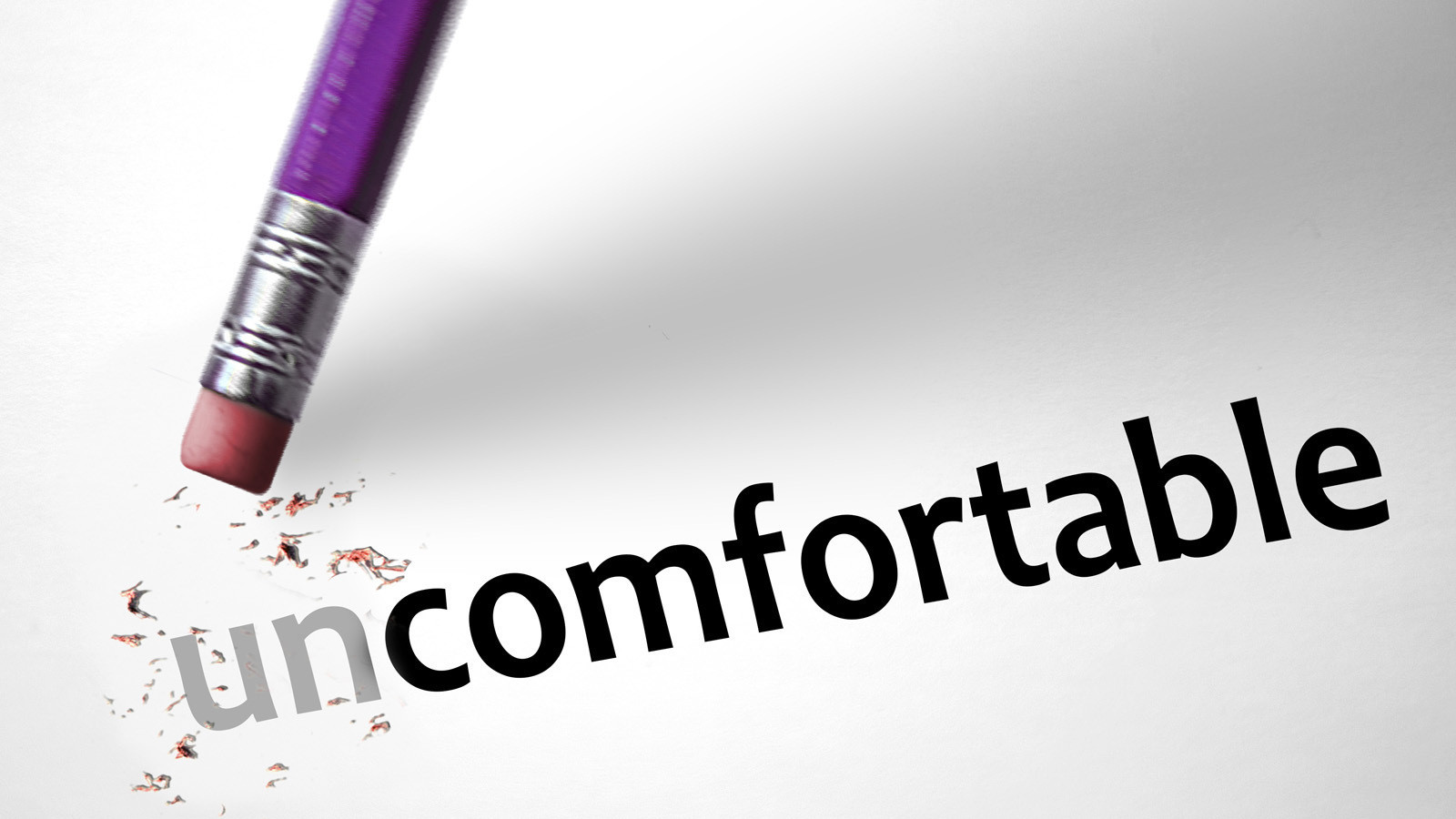









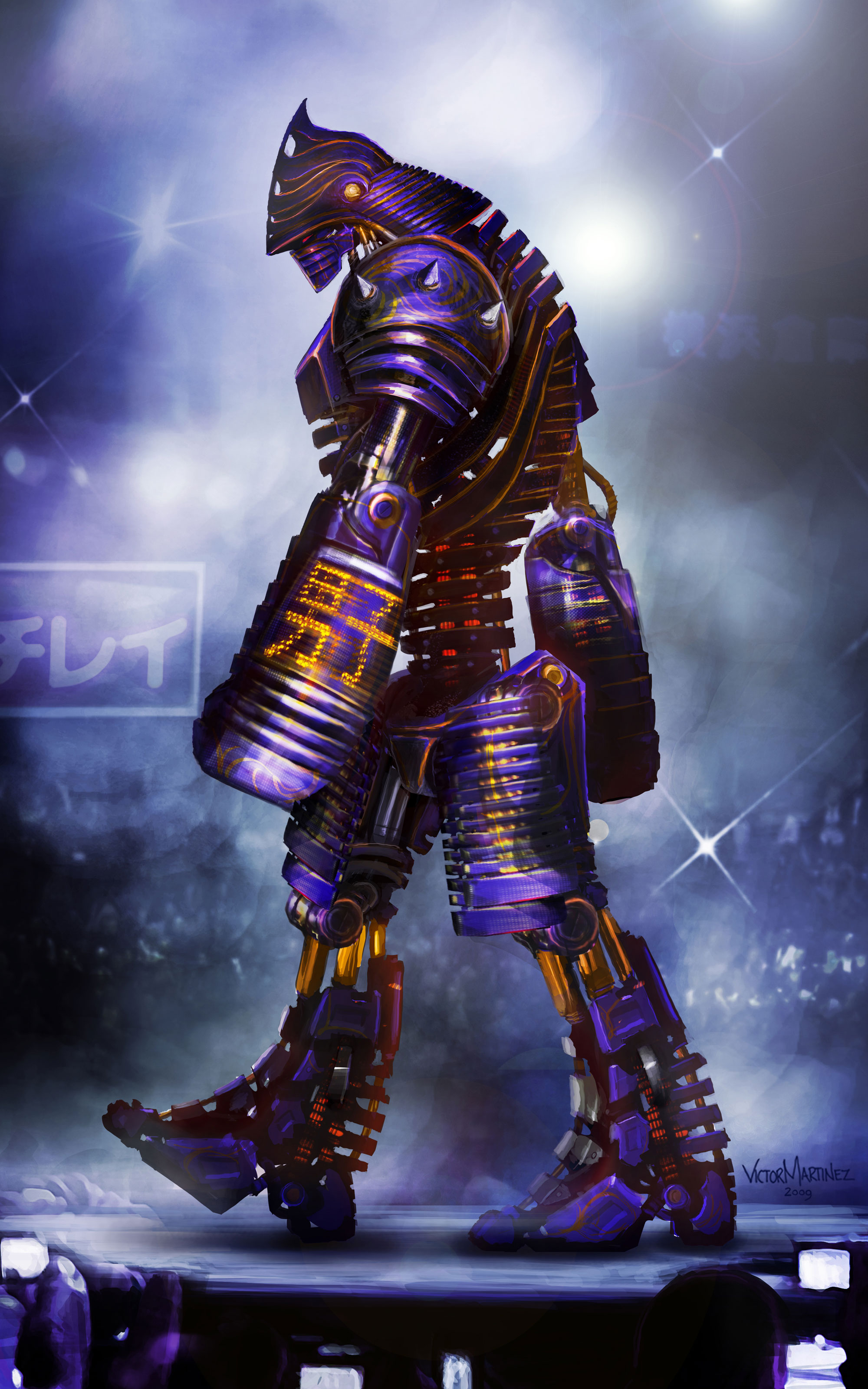












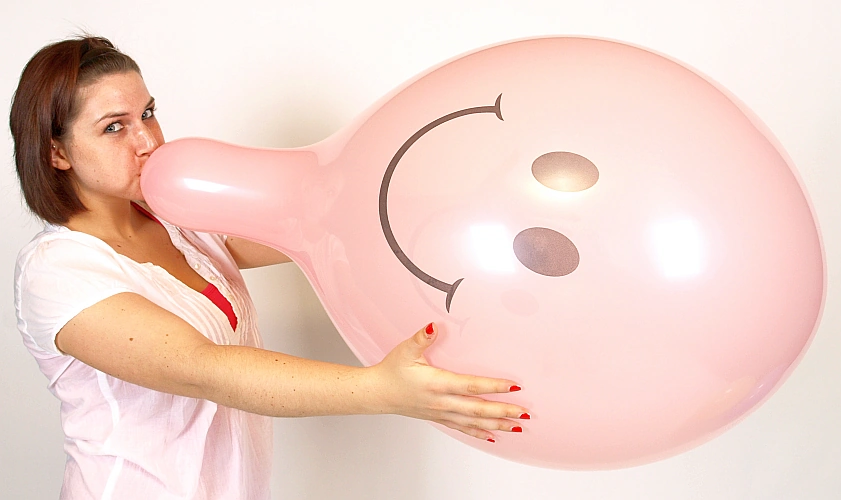














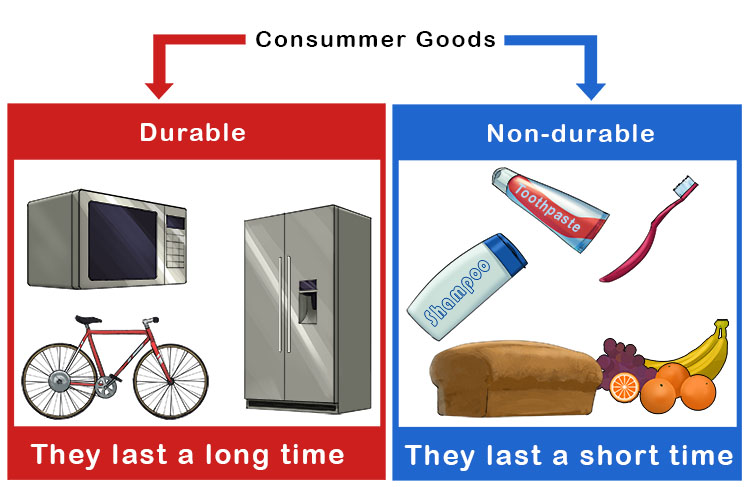













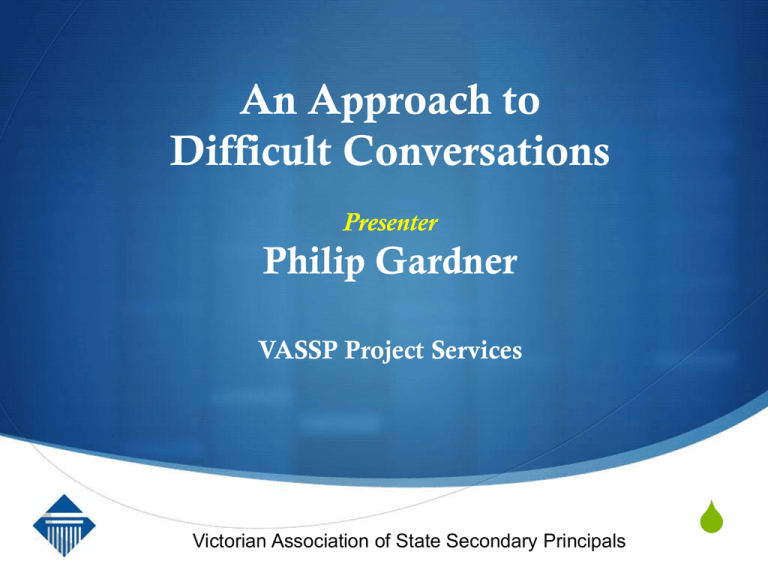














:max_bytes(150000):strip_icc()/backpainfinal-01-5c3ba0bf46e0fb0001b5b300.png)
